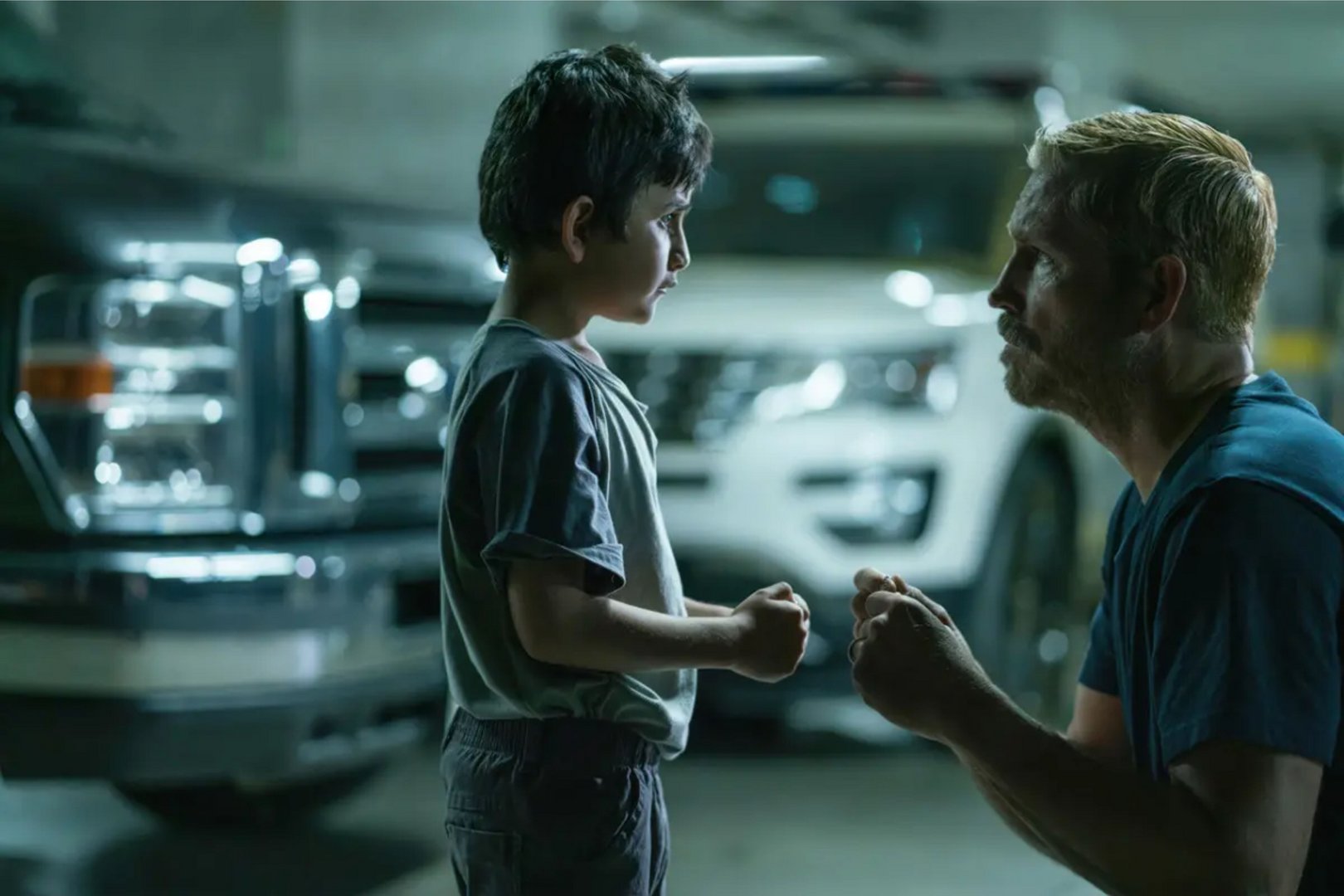Every year, approximately one million children are trafficked. Although it is difficult to determine how many children are abducted and sold into modern-day slavery or sexual exploitation, the harsh reality is that there are more humans trapped in slavery now than at any other time in history, including when slavery was legal.
Sex trafficking has grown exponentially since the dominance of the internet and the online porn industry. Victims, often minors, are either used in pornographic images or movies, or they are prostituted out through online platforms and marketed as items in online catalogues on dedicated websites with subscription services.
Although a macabre subject, no country or region is immune to human trafficking, whether on a domestic or worldwide scale. Human trafficking is a problem in both low- and high-income countries, but child trafficking is more common in poorer countries, where children are forced into the workforce or sold for sex, and there are even more extreme cases where these children are shipped in containers to other parts of the world to satisfy the twisted addictions of powerful politicians, celebrities and wealthy elitists.
So, why would a film like Sound of Freedom, whose aim is to captivate audiences while shedding awareness on a serious issue that requires immediate attention, spark some controversy?
Sound of Freedom, a gripping thriller filmed on location in Colombia, recounts the extraordinary true story of former government operative Tim Ballard. Portrayed by actor Jim Caviezel, Ballard’s relentless efforts to rescue kidnapped children from their captors form the heart of this compelling narrative.
With the aim of showcasing the lengths one man will go to rescue innocent children from their devastating circumstances, Sound of Freedom is, in my opinion, a cinematic masterpiece that will undoubtedly resonate with audiences around the world.
The film’s compelling message of courage and the triumph of justice over evil struck a chord with me, affecting me both emotionally and psychologically. It served as a wake-up call, alerting me to the evil that exists worldwide.
Detractors, on the other hand, have accused the film of exaggerating the realities of child exploitation and fanning conspiracy theories. In fact, Rolling Stone magazine described Sound of Freedom as “a thriller that is designed to appeal to the conscience of a conspiracy-addled boomer”.
Child trafficking is not a myth, and it affects every country on the planet, according to the humanitarian relief organisation Save the Children. “Children make up 27 per cent of all victims of human trafficking worldwide.”
Another organisation that rescues children from sexual abuse is the Child Rescue Coalition, which develops technology that allows law enforcements to track, arrest and prosecute child predators. Their technology has been a valuable tool for law enforcement authorities all over the world in their continued efforts to identify, apprehend, and punish individuals and networks involved in child sexual exploitation. To date, their technology has prevented the abuse of over 690,000 children worldwide.
On a more local level, the Hope For Children CRC Policy Centre has recorded over a thousand incidents of Cypriot children being assaulted sexually ranging in age from 12 to 16 years old, “however, there were cases when the children were younger than that,” executive director Andria Neocleous stated.
“We provide a child-friendly, safe environment for sexually abused children, bringing together all relevant services under one roof, using a multidisciplinary and interagency approach,” she said. “Our goal is to ensure the child’s protection, safety, and well-being while keeping their best interests in mind, as well as their right to be heard and receive information without undue delay.”
Hope For Children CRC Policy Centre, founded in Cyprus in 2017 by Joseph Borghese, is an international humanitarian and independent institution with a base of operations in the United States of America.
“We have also had cases of child trafficking, primarily from international refugees who entered the country without any legal or familial guardian accompanying them, and we provide shelter, food, psychological support, and therapy until they are eighteen years of age, when they are able to live independently and find work in Cyprus,” Neocleous explained.
There is a scene in the film that depicts a dramatic raid on an island to rescue children trapped in a vast trafficking organisation. In reality, the successful completion of this investigation, referred to as “Clear Hope,” was selected as the case of the year by Homeland Security Investigations in 2015. This acknowledgement highlighted the operation’s importance and influence in dismantling a dangerous trafficking network.
Perhaps sceptics should recall the recent Epstein case and the notorious sex trafficker’s famed island, as well as the exhaustive list of all of his alleged high-society friends who partied with Epstein and his victims on the island.
“God’s children are not for sale.” This is what drives Jim Caviezel’s character to move ahead from the soul-crushing work of tracking down organised paedophile networks to rescuing their victims.
The importance of being aware of child trafficking as a crisis cannot be stressed enough. Sound of Freedom acts as a powerful catalyst, motivating viewers to act and demand change. The film sheds light on the grim realities of human trafficking and encourages us to speak up and assist whenever possible. After all, human life is priceless, and one cannot put a price tag on someone’s life.






Click here to change your cookie preferences